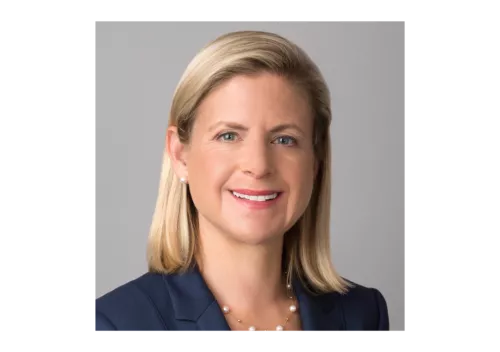Good people, good governance
This year is Splunk’s fourth as a public company. During that time it has seen its employee base quadruple and its legal team grow from four to seven people. The firm has also been faced with several governance challenges, including a failed say-on-pay vote in 2014, a CEO transition in 2015 and the need for a revamped code of conduct and proxy statement.
‘A good firm should have good governance because you have good people doing it,’ says Scott Morgan, vice president, general counsel and assistant secretary at Splunk. ‘The fact that we’ve got very seasoned executives and directors makes it an easy partnership for my team.’
This was particularly evident during the CEO succession planning and transition – an essential but sometimes prickly process. Godfrey Sullivan had served as CEO of Splunk since 2008, but felt it was time for a change. ‘He served on other public boards so the conversation was easy,’ Morgan says. ‘He thought the number one job of the board was getting the right CEO at the right time.’
While Sullivan provided potential internal successors with opportunities to present in front of the board, Morgan and his team collaborated with the board to run a parallel succession process for external candidates. When new CEO Doug Merritt was announced in 2015, the board was familiar with him and, as he was an internal appointee, so were employees.
The process helped underpin Splunk’s philosophy on succession planning, as Morgan explains: ‘We talk a lot about resilience in the way we build our product, run our company and plan our succession. No one is indispensable. And if he is, he hasn’t done his job.’
As far as governance goes, the 2014 failed say-on-pay vote was a watershed moment. It forced Morgan and his team to get specific about how to communicate the link between pay and performance.
‘It was important for us to understand our shareholders’ expectations and tie that to where our business is going,’ says Morgan. ‘Our shareholders don’t want to micromanage what we’re doing on compensation, but they do want to know the rationale.’
Splunk reviewed its corporate governance and executive compensation practices and made a significant number of changes to its bylaws, policies, practices and disclosures. The updated proxy statement and code of conduct are a continuation of the Splunk team striving for excellence in governance procedure.
After such a busy time since going public, what’s next for Morgan and his team? ‘We divide ourselves up as a traditional law group, with a focus on governance, employment law, and so on,’ he says. ‘But we have issues coming up that require us to work as an integrated department. We’re thinking about how we evolve the department to meet that challenge.’









